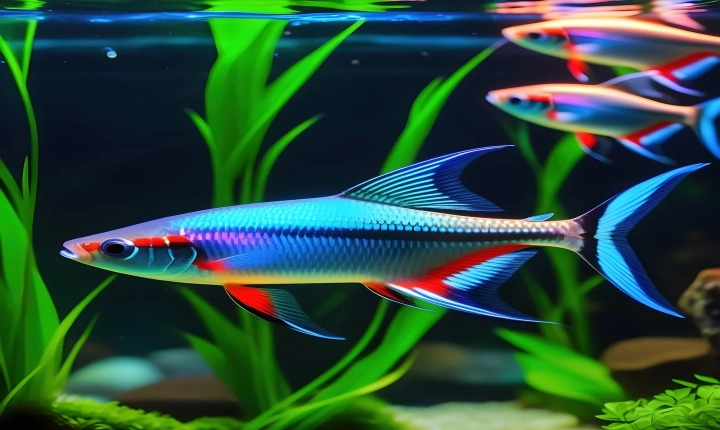Can AI Replace Scientists?
Artificial intelligence (AI) has made remarkable advancements in recent years, leading many to wonder whether it could replace scientists in the future. While AI certainly has the potential to revolutionize scientific research and discovery, the question of whether it can completely replace human scientists is a complex one.
One of the key strengths of AI lies in its ability to analyze massive amounts of data and identify patterns that may elude human researchers. This has already proven to be incredibly valuable in fields like genomics, drug discovery, and material science, where AI algorithms can sift through vast datasets to uncover new patterns and insights at a pace far beyond what a human could achieve. In some cases, AI has even been used to design experiments and simulations that have led to meaningful scientific discoveries.
Another area where AI excels is in automating repetitive tasks, such as data analysis, image processing, and even some aspects of experimentation. By taking on these tasks, AI can free up human scientists to focus on higher-level thinking and problem-solving, potentially accelerating the pace of scientific innovation.
However, there are crucial aspects of the scientific process that AI currently struggles to replicate. For example, scientific research often requires creativity, intuition, and the ability to form and test hypotheses—a process that can be deeply intertwined with human understanding and insight. While AI can aid in generating hypotheses and analyzing data, it may not be able to generate truly novel ideas or make intuitive leaps in the same way that human scientists can.
Furthermore, a significant portion of scientific research involves collaboration, communication, and the integration of diverse perspectives and expertise. Human scientists bring with them a depth of contextual understanding, ethical judgment, and emotional intelligence that is currently difficult for AI to replicate. The process of building consensus, navigating complex social dynamics, and engaging with the broader scientific community is a fundamentally human endeavor that is challenging for AI to fully emulate.
It’s also important to consider the potential limitations of AI, particularly in areas where data is scarce or where it might be biased or incomplete. Human scientists can often draw on their knowledge of the underlying principles and theories to make educated guesses or develop creative solutions when faced with uncertainty. These qualities are difficult for AI to replicate without significant advances in machine learning and reasoning.
Ultimately, the question of whether AI can replace scientists is a nuanced one. AI has the potential to revolutionize scientific research and dramatically improve our understanding of the world. However, it’s unlikely that AI will completely replace human scientists in the foreseeable future. Instead, it is more likely that AI will continue to complement and enhance the work of scientists, freeing them from repetitive tasks and enabling them to tackle more complex challenges.
As technology continues to advance, the role of scientists may evolve, with an increasing emphasis on interdisciplinary collaboration and the integration of AI tools into the scientific process. By harnessing the unique strengths of both AI and human scientists, we may be able to accelerate the pace of scientific discovery and address some of the most pressing challenges facing humanity.
